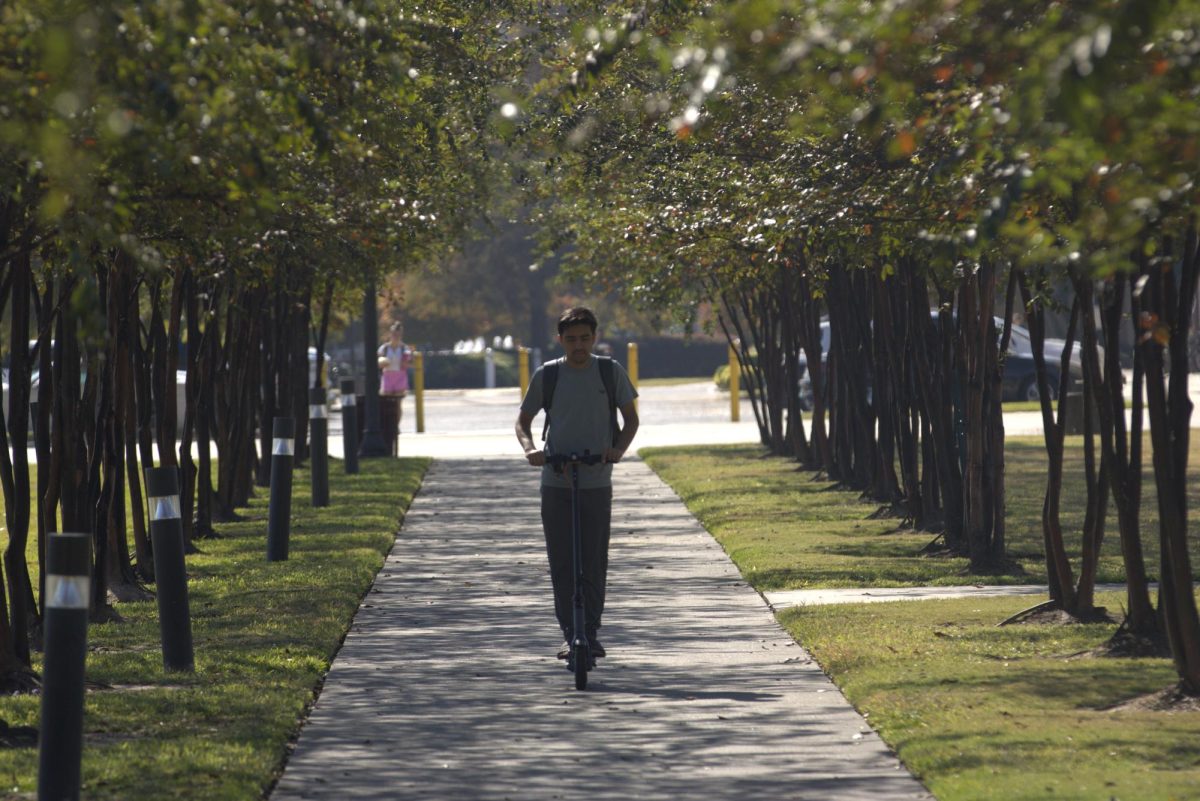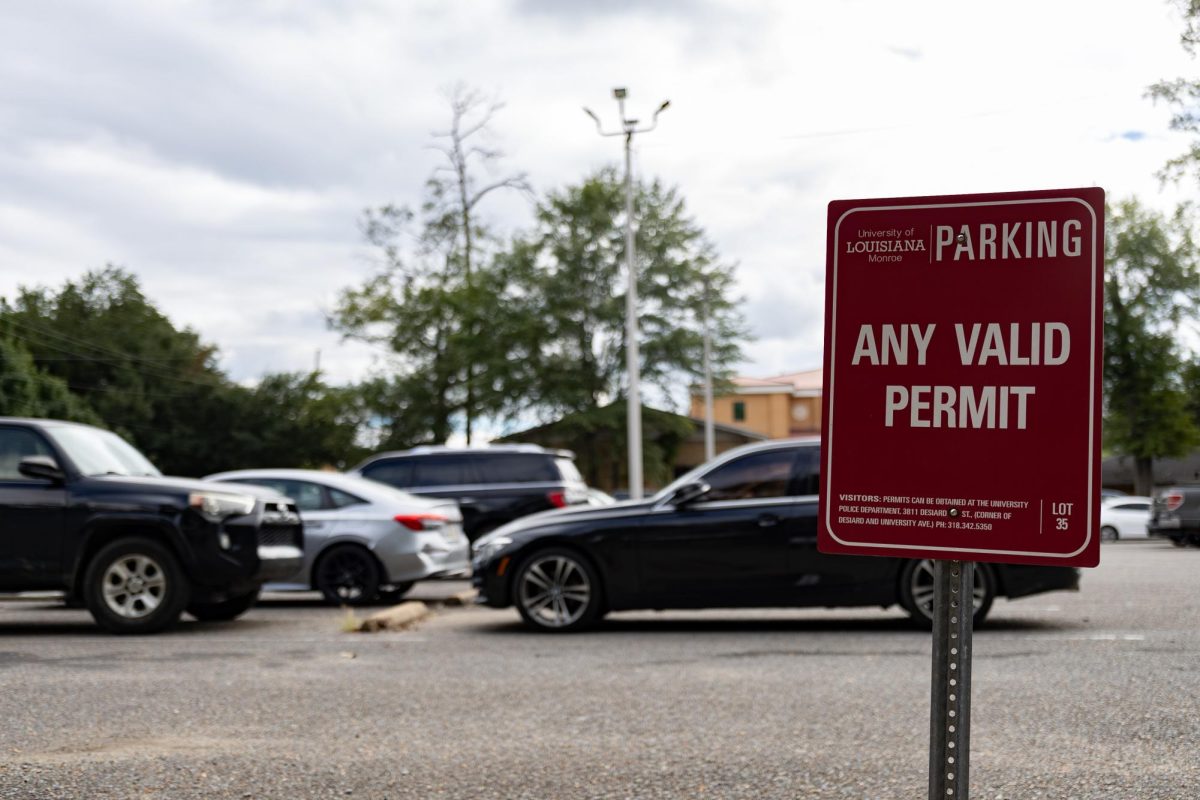Can you imagine your grandfather not remembering who you are? Your father asking how you’ve been over the years, when he just saw you yesterday?
It’s painful, almost to the point of being unbearable. Unfortunately, nine times out of 10 my grandfather does not remember my name. He doesn’t remember anything about me.
Alzheimer’s is a terrible disease with terrible consequences, and yet it has taken almost a back seat to other diseases.
When you explain to someone that a relative suffers from Alzheimer’s they don’t really know how to respond. They give you what may be a sympathetic pat on the shoulder and tell you how sorry they are.
But when dealing with someone who is an Alzheimer’s patient, most people have no idea how to deal with them.
This past summer, my family and I vacationed in Washington D.C. and visited many of the city’s museums. Of course there was security at the entrance of every single one, but the guards were patient and understanding when my grandmother explained my grandfather’s situation. But there is always one bad egg that seems to ruin the basket.
While visiting the Senate offices, we passed through security like every other building. My grandfather swept through in an almost whimsical manner, obviously oblivious to his surroundings. The alarm of the metal detector went off, clearly alerted by his heavy metal belt buckle.
The guard descended on him, ordering him to go back through and take off the belt in a harsh manner. My grandfather laughed and ignored him, unaware of the situation at hand.
My grandmother tried to explain that my grandfather couldn’t understand what exactly the guard wanted, but the man ignored her and continued to berate my grandfather.
Though the situation was resolved, it still bothers me to this day. The fact that the general public seems to think they understand the disease when they so clearly don’t.
Alzheimer’s is thought to be a disease that takes away memories. It does, but it takes much more than that. It takes one’s capability to comprehend the world around them. It takes away their wisdom and experiences in life. It turns grown men and women back into children who have difficulty taking care of themselves.
People understand cancer, or at least what it is capable of. But they are usually shocked by what Alzheimer’s really does to someone. It takes everything away from you slowly, painfully, in the worst way imaginable. It takes your independence, your understanding and the ones that you love. And it leaves behind the shell of someone you once were.
Getting educated and raising awareness for a disease is not a foreign concept. We have cancer awareness months, and Alzheimer’s awareness month exists as well. November is the official Alzheimer’s awareness month and you can go purple for a purpose.
Nearly 5.2 million Americans suffer from Alzheimer’s and other forms of dementia. Support awareness locally and nationally with walks and donations.
Research for a cure is advancing every year with new finds and more promising results. Advances in technology are making it less of a struggle to find a way to cure Alzheimer’s and other forms of dementia.
The easiest way to fight the disease is to know it. Familiarize yourself with the ten warning signs, and if you have suspicions always go in for professional diagnosis. Catching the disease early can save you and your loved ones years of agonizing pain. Support research, support a cure and know what to look for—maybe one day Alzheimer’s can be a disease of the past.



